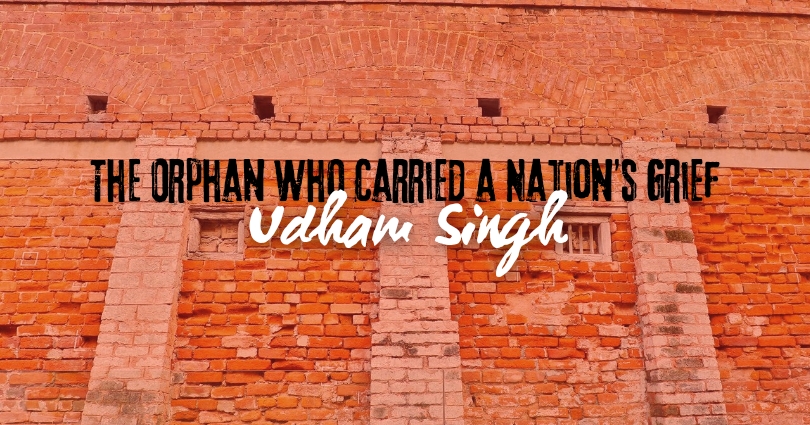
Amritsar. April 13, 1919.
The skies were bright, but the air carried a strange stillness. It was Baisakhi, the festival of harvest and joy. In Jallianwala Bagh, thousands of men, women, and children had gathered — some in celebration, some in peaceful protest against the repressive Rowlatt Act imposed by the British colonial government, many simply in hope.
The mood was calm. Some people were listening to speeches, some were sharing food, and others were simply resting after walking miles in the blistering heat. Innocent voices murmured in the air. Children played. Women fanned themselves in the shade.
Among them was a quiet orphan boy, Udham Singh, who lived in a nearby orphanage. Clutching a brass pot of water, Udham weaved through the crowd, gently offering sips to the tired and the thirsty. He had no banners to raise, no slogans to shout. He was only there to serve.
And then...in one swift moment, time stood still.
The sky didn’t darken. The wind didn’t howl. But hell descended in the form of Brigadier General Reginald Dyer and his armed soldiers. Without warning, without mercy, without a word, bullets ripped through the peaceful crowd. The air cracked with the thunder of rifles. Screams echoed. Chaos exploded.
Jallianwala Bagh had only one narrow exit. Dyer’s troops had blocked it. The bullets rained down for ten full minutes. Over 1,600 rounds were fired into the crowd. Bodies collapsed onto one another. Screams filled the air. Mothers threw themselves over their children. The wounded groaned helplessly. Many tried to climb the walls; they were shot mid-air. Dozens jumped into a well in the compound to escape the bullets — over 120 people died inside it. The earth turned red. The festival of Baisakhi became a field of death.
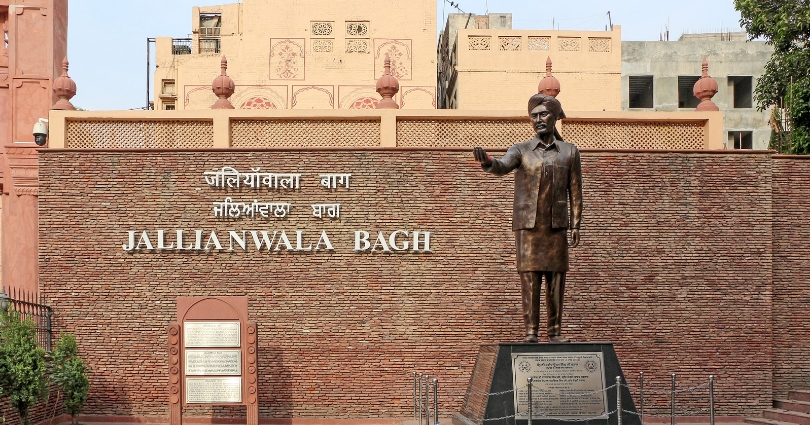
When the guns finally fell silent, the Bagh was no longer a garden. It was a graveyard of innocents. Udham froze. His water pot dropped, spilling over the dry earth. All around him — blood. The people he had just served — fallen, shattered, lifeless. A mother’s cry was silenced mid-scream. A child clung to his father's bloodied turban. Bodies piled. The well overflowed with the desperate who had leapt in to escape. The boy watched. He watched not just with his eyes, but with his soul. He didn’t cry. He absorbed it — the grief, the pain, the betrayal.
In that instant, an orphan became a warrior. Years Passed — But the Fire Never Did. Udham Singh left India, but he carried India within him — in every heartbeat, in every breath. He worked as a labourer, crossed countries under aliases, slept on cold pavements, endured humiliation and hunger — all for one mission: “To strike down the man who murdered my people.” That man was Michael O'Dwyer, the former Lieutenant Governor of Punjab — the man who had endorsed Dyer’s massacre, the man who called the bloodbath "necessary".
London. March 13, 1940. Caxton Hall.
The hall was filled with British officials and dignitaries. O'Dwyer stood on stage, his voice echoing in pride — a colonial officer unrepentant. From the back row, a calm Indian man rose. Dressed in a coat, holding a book in one hand, he slowly walked forward. He faced the man responsible for Jallianwala Bagh. He opened the book. Inside it – a pistol. He raised his arm, and fired two shots straight into O'Dwyer's heart. O'Dwyer collapsed. Justice had spoken. The hall erupted in panic, but the man did not run. He stood still, proud and composed. Udham Singh had delivered the verdict that history had awaited for 21 years.
The Martyr’s End.
He was arrested, tried, and sentenced to death. When the judge asked his name, he said: "My name is Udham Singh. I did it for my country. I am not afraid of death. I am proud to die for my people.” And on 31st July 1940, he walked to the gallows like a lion — unshaken, unbowed.
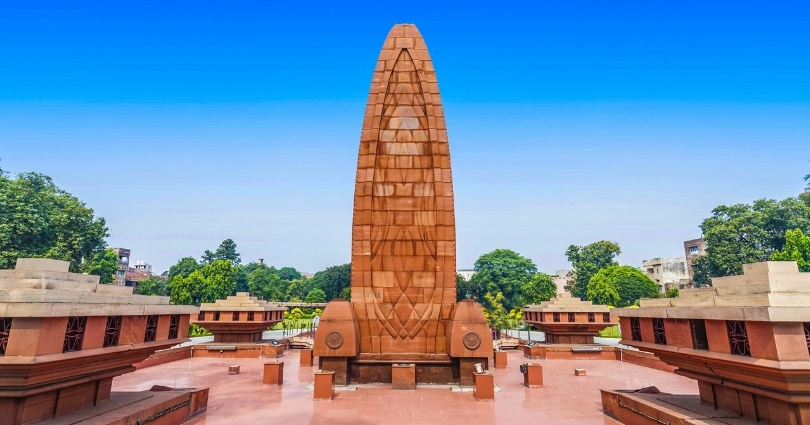
Legacy of Fire and Freedom
Udham Singh wasn’t born into royalty. He had no wealth, no titles, no armies. He was an orphan, but he carried the tears of thousands in his eyes, and the fire of justice in his heart. He turned his pain into purpose, his silence into gunfire, and his loneliness into legacy. Today, every bullet fired at Jallianwala Bagh echoes in the name of Shaheed-i-Azam Udham Singh — the boy who served water, and later, served revenge on behalf of a broken nation.
Jallianwala Bagh remains etched in India's memory not just as a massacre, but as a symbol of colonial cruelty and Indian resilience. The bullet holes in its walls still whisper the cries of the slain. The well where people leapt to escape still stands in silence, as a watery grave of martyrs. And though time has passed, and regimes have changed, the soul of Jallianwala Bagh has not healed. It continues to bleed quietly — a testament to what tyranny can do, and to what courage can endure.
“Some wounds are not meant to be healed. They are meant to be remembered.”Let us remember Jallianwala Bagh — with pain, with respect, and with unwavering resolve.
“They killed a thousand. But they awakened a million. And one of them, was Udham Singh.”
Jai Hind.
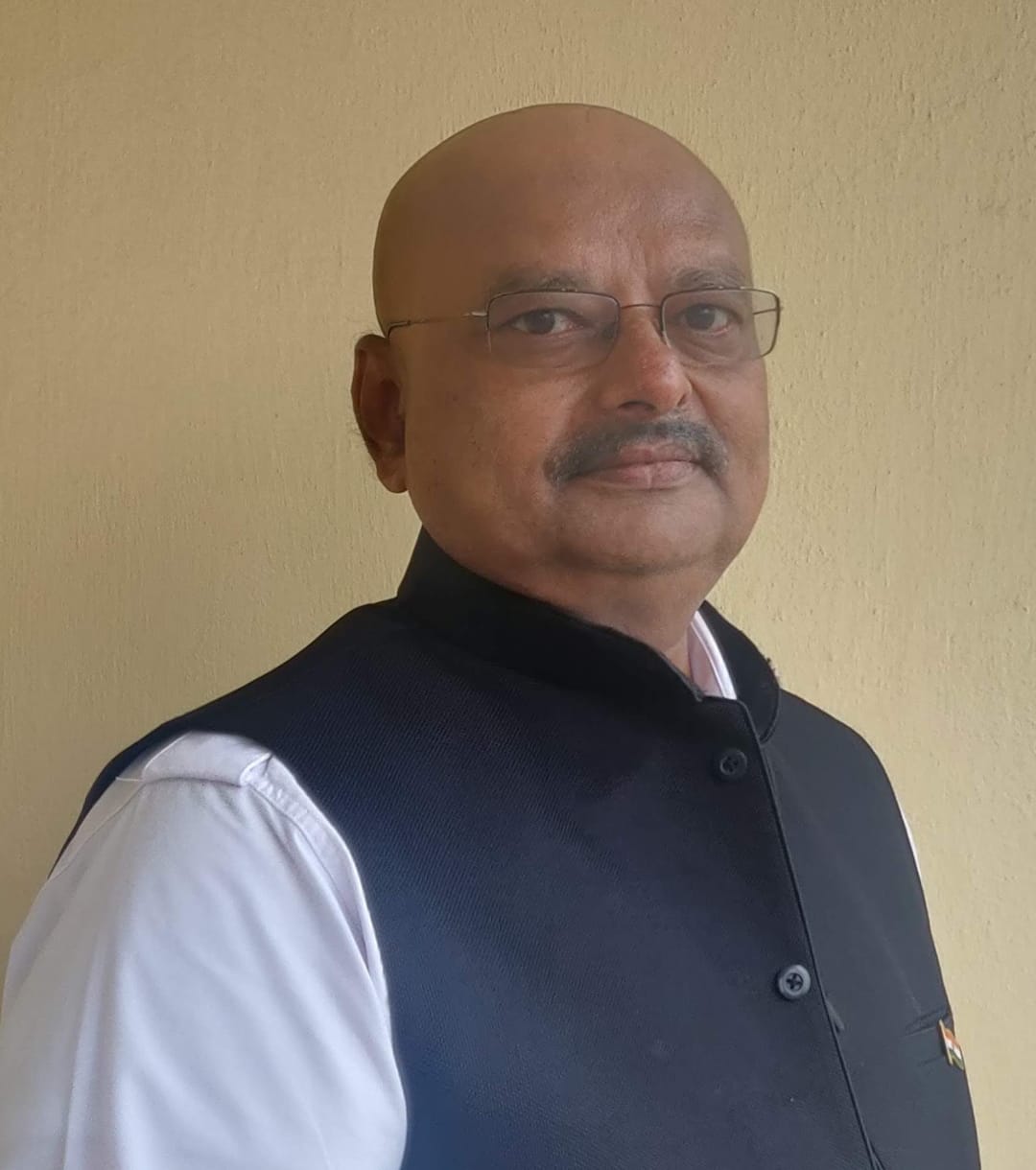 Wing Commander BS Sudarshan is a former Indian Air Force pilot with over 12,000 flying hours. He participated in Operation Pawan and Operation Cactus before he transitioned to civil aviation. A passionate writer, he has authored six books, including "Hasiru Hampe", appreciated by S L Bhyrappa, and the latest "Evergreen Hampi". He is a regular contributor to the Verandah Club.
Wing Commander BS Sudarshan is a former Indian Air Force pilot with over 12,000 flying hours. He participated in Operation Pawan and Operation Cactus before he transitioned to civil aviation. A passionate writer, he has authored six books, including "Hasiru Hampe", appreciated by S L Bhyrappa, and the latest "Evergreen Hampi". He is a regular contributor to the Verandah Club.
PREVIOUS ARTICLE

At the southernmost tip of this mesmerising ensemble lies the majestic Great Nicobar Island, boasting an impressive landmass of about 910 square kilom...
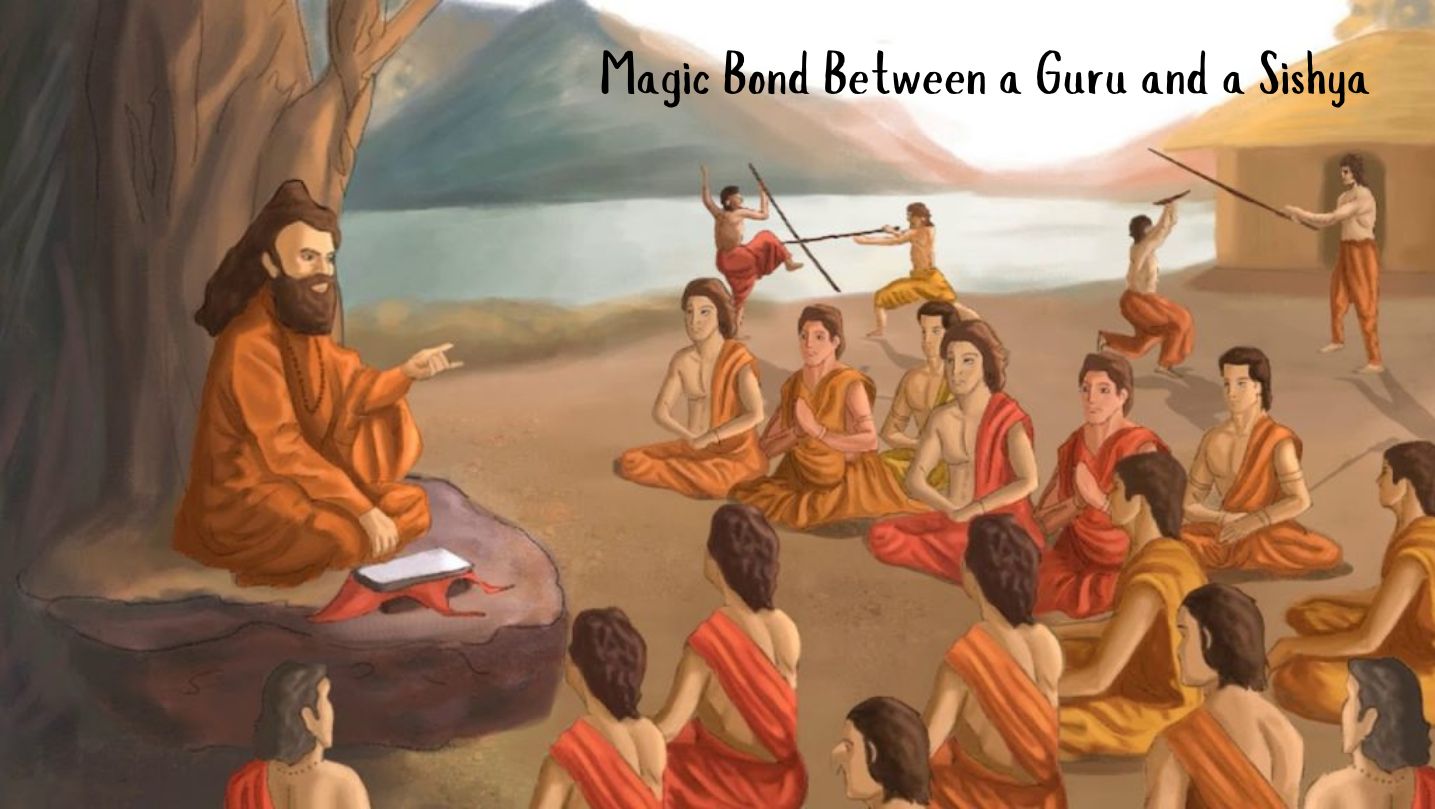
Bharath has always been a land traversed by spiritual masters/ Guru since time immemorial. These spiritual masters have always upheld the core princip...
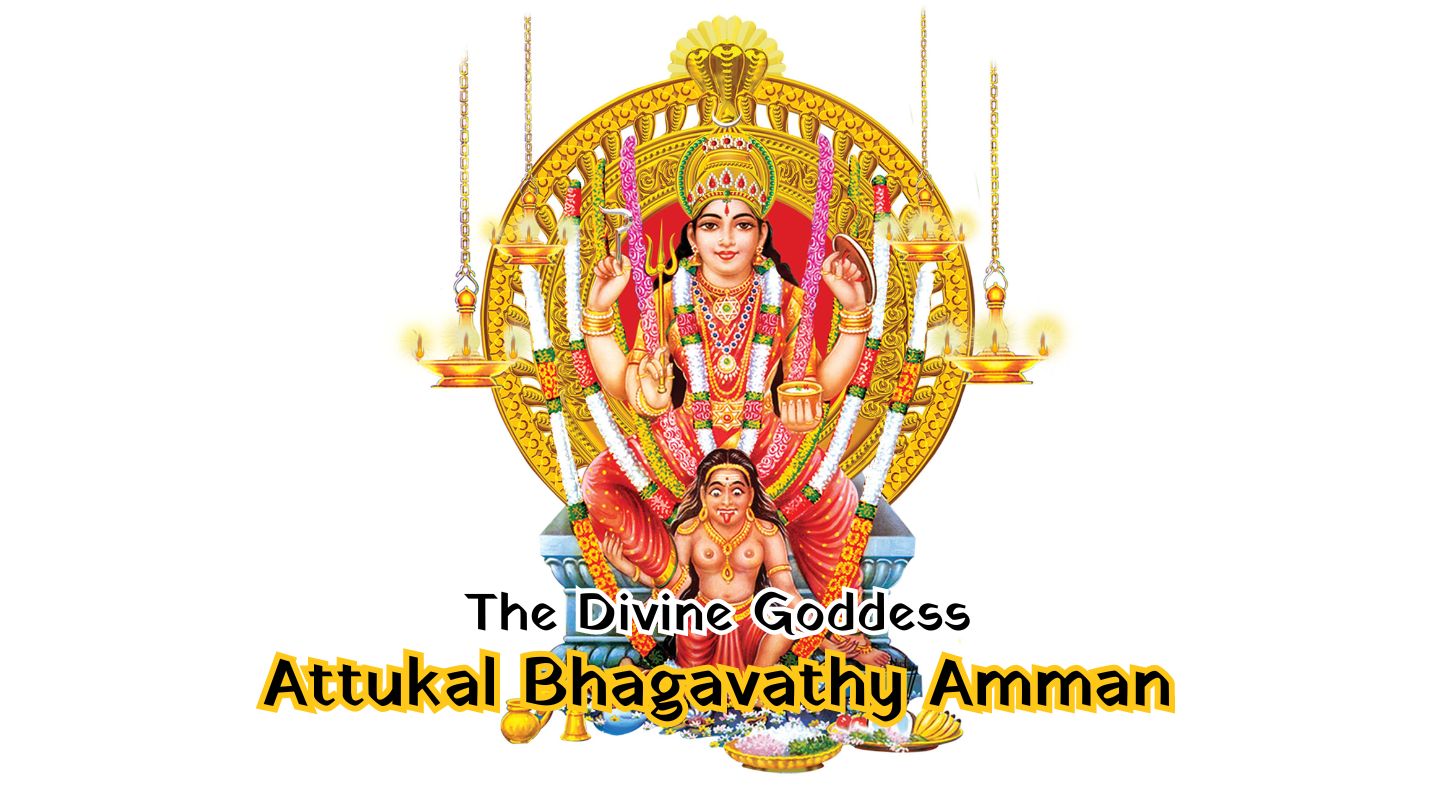
South India contains its fair share of unique pilgrimage centres. These divine places of worship have a prominent Sthala Purana, devoted followers, di...